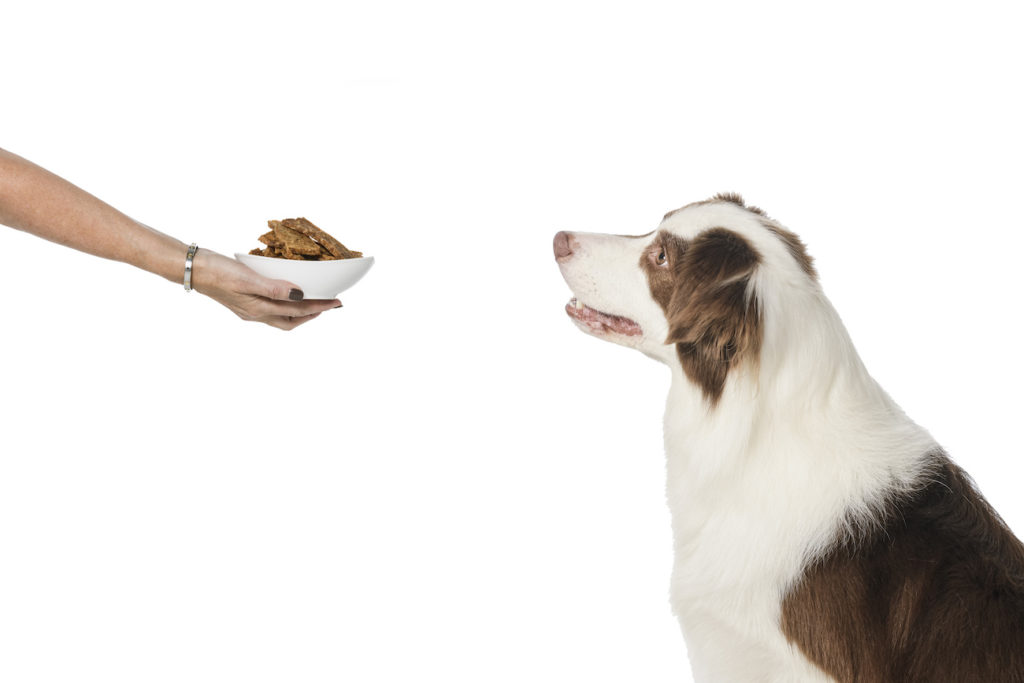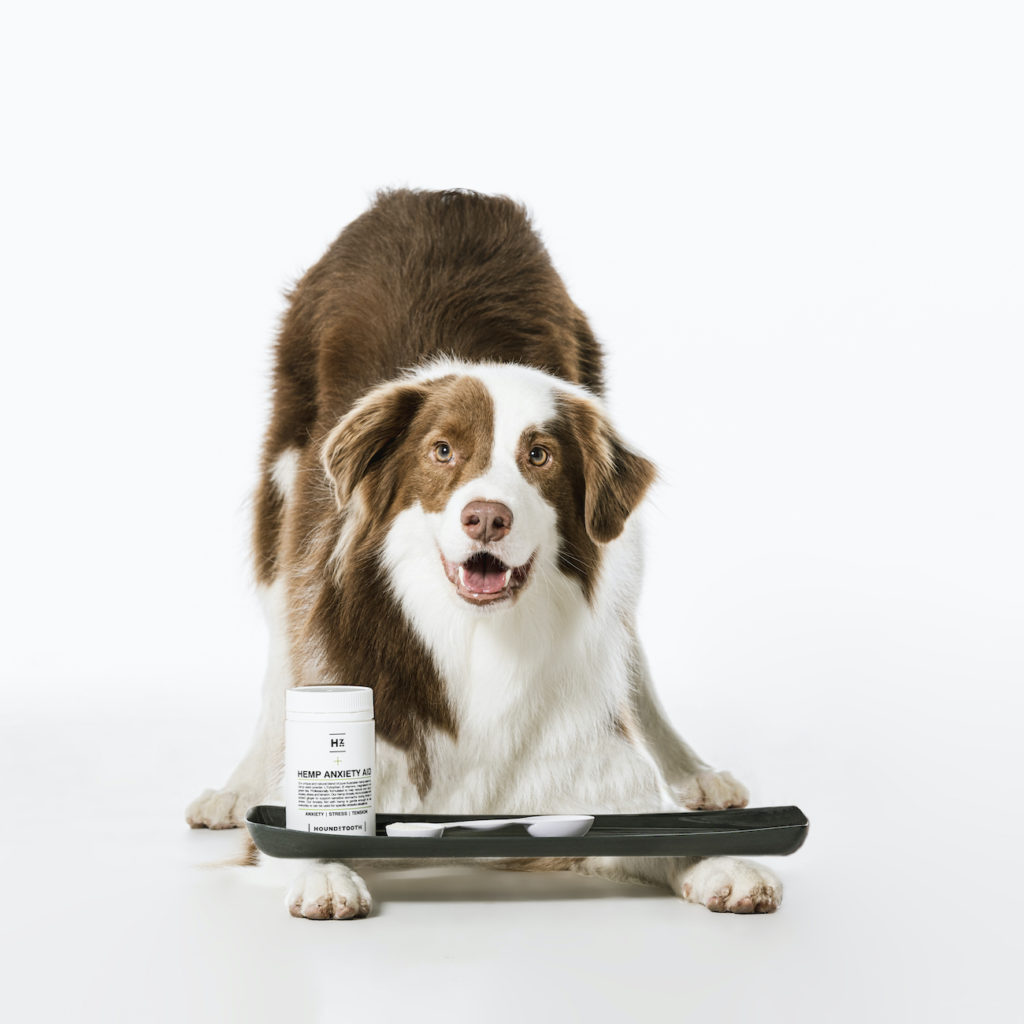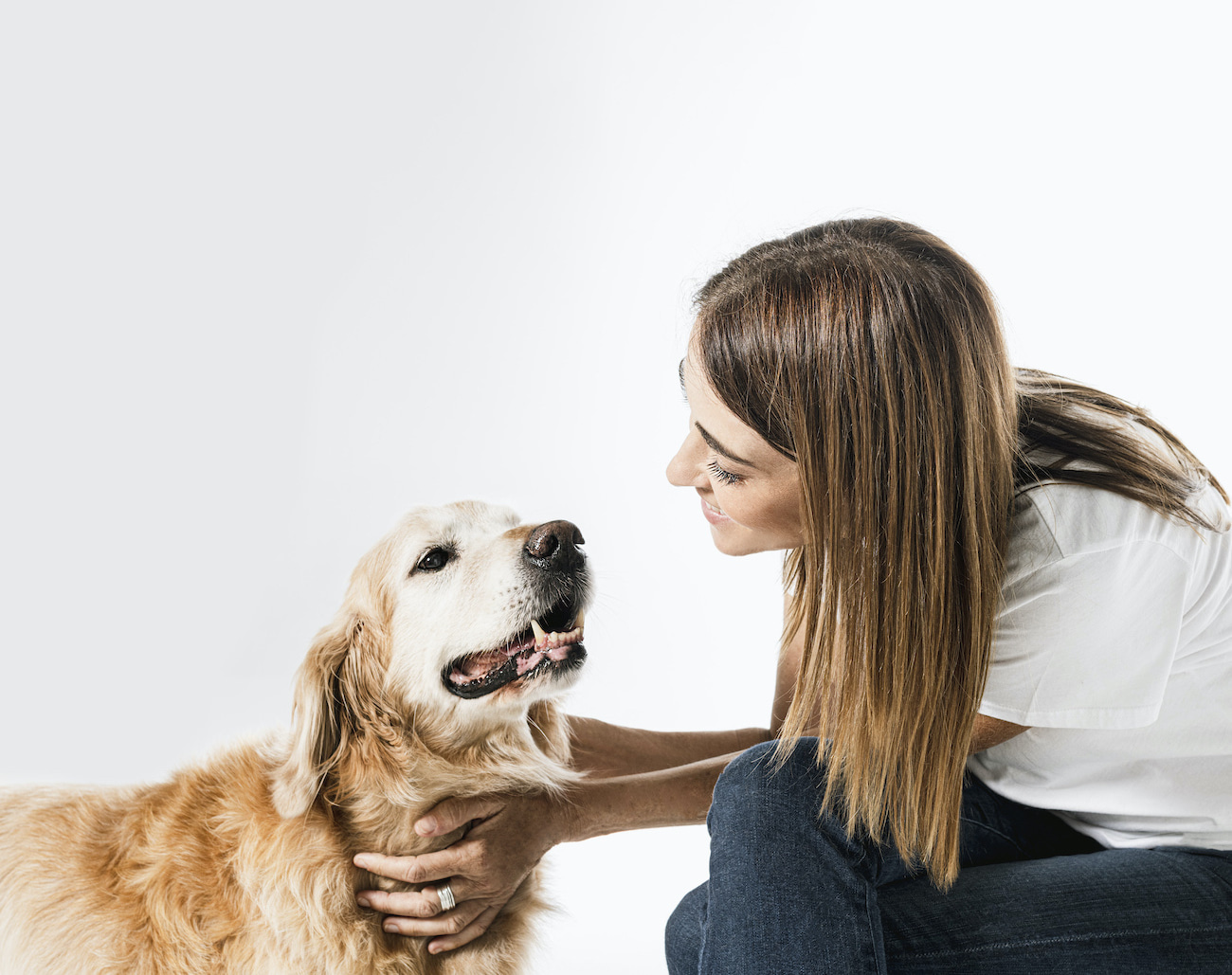COVID-19 & Caring For Your Pets
How to care for your pets in the face of COVID-19
COVID-19 has been officially declared a pandemic by the World Health Organisation (WHO). Global safety measures are now being put in place for people, but what about for their pets?
Your pets may be impacted if you or those in your household contract the virus or have to self isolate.
Dr. Katrina shared her top tips on caring for your pet if you’re stuck at home
1. Make a plan for your pet
Who will look after your pet if you become ill? Speak with friends and family to see if anyone could take them in. If you don’t have any friends and family nearby, research local boarding kennels, pet sitters or dog walkers.
Make sure you have the following prepared:
- A crate for transport if required
- Enough food supplies to last 2 weeks
- Medical & health supplies
- Documented microchip number
- Your local vet details
- Grooming supplies
- Well-fitting collar and lead in good condition
- Poo bags and cleaning products in case of any accidents
- Fresh kitty litter for cats
2. Make sure all vaccines and microchip details are up to date
Make sure your pet is wearing their ID tag and document any medications they may need. Keep all vaccines and microchip details up to date in case your pet needs to be boarded somewhere outside of the home.
3. Stock up on toys and treats
If you do end up being confined to the house, it’s important for you to have stocked up on treats and toys that will keep your pets occupied.
Enrichment toys like chew toys, food dispensing toys, puzzle toys and things to chase will keep their minds working even if going for walks isn’t an option.
Healthy snacks like our 100% Australian clean dog treats are essential for at-home training sessions and mental stimulation – this is especially important for puppies and young dogs.

4. Consider your management plan for anxious pets
It is important that you consider what to do if you have an anxious pet who doesn’t like to be separated from you. Organise calming products or supplements like our Hemp Anxiety Aid that may help soothe your dog.

Always remember to speak with your vet if you are concerned about your pet or need more information.
5. Stay safe and make smart choices
Make sure that whatever decisions you make are safe ones. If you are not in self-isolation, stick to unpopulated areas away from shops and busy parks when walking your dog.
RSPCA UK have an informative article on how to care for your pets if you’re ill or have to self-isolate due to COVID-19.
Natural grooming products to keep your pets clean
We have a range of natural products with antibacterial and antiseptic properties that can help keep your pet clean during this time.
Our Coco’s Blend No.4 Rescue & Relief Spray contains a natural tea tree essential oil antiseptic. Use this on your pup’s paws, skin and coat to help keep them clean and free from unwanted allergens.
Stella’s Blend No.2 with Manuka honey essential oil acts as a natural antibacterial. Washing your pooch with this natural dog shampoo or grooming them with our conditioning & deodorising spray will help to draw out bacteria and keep their skin and coat clean.

Please note: These products will not protect your pets from COVID-19, but they will help to keep your household sanitary.
Stay updated with the news
Keeping up with the daily news will help to put you in the best, most informed position you can be in.
Stay educated on COVID-19 with the World Health Organisation (WHO) and the Australian Veterinary Association.
Though there is no research to show that coronavirus is affecting our pets, it is still important for you to restrict contact with them if you have tested positive for the virus.
If your pet does show any signs of poor health, please do not take them to the vet. Contact your local vet first and ask for the safest way to proceed so as not to impact any other pets in the area.

